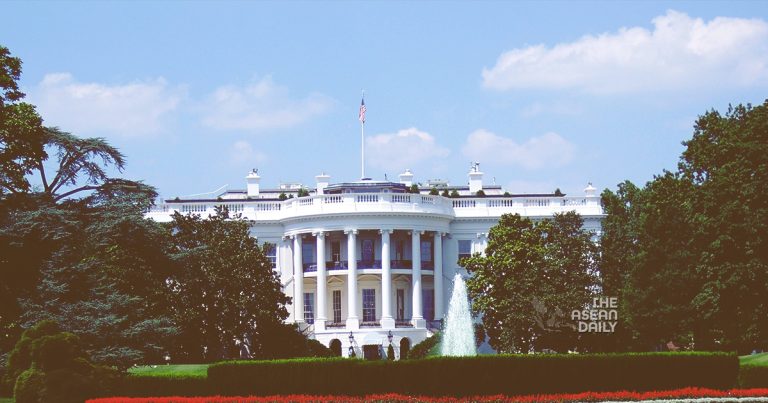26-5-2023 (Washington) As the default deadline draws nearer, there is cautious optimism on Capitol Hill that a bipartisan deal on the debt ceiling could be reached on Friday. However, GOP negotiators appeared less optimistic on Thursday night, dampening expectations.
Speaker Kevin McCarthy, appearing somber and exhausted, addressed reporters outside his office on Thursday evening, stating, “We do not have an agreement yet. We knew this would not be easy. It’s hard, but we’re working and we’re going to continue to work until we get this done.” One major point of contention, according to Republican negotiator Rep. Garret Graves (R-La.), is the issue of strengthening work requirements for certain safety net programs.
Graves criticized the White House, accusing them of prioritizing paying people not to work over paying Social Security and Medicare benefits. He expressed concerns that this approach could jeopardize benefits for senior citizens. The impasse on work requirements continues to hinder progress in the negotiations.
Despite the challenges, there are positive signs that House Republicans and the White House are making headway. According to a source familiar with the talks, the spending portion of the discussions has almost been finalized. Once spending caps are established, it is expected that the remaining aspects of the deal will fall into place more swiftly, as noted by a Republican negotiator.
Reportedly, negotiators have also reached agreements on various areas, based on a leaked list obtained by a Republican source. These areas include lifting the debt limit through 2024, implementing a procedure to incentivize the passage of all 12 annual spending bills, a plan to recover unspent Covid funds, and setting two years of spending caps that freeze non-defense spending below fiscal year 2023 levels, while slightly increasing defense spending.
However, the process of passing the actual legislation may still take time. Hill staff will need to translate the agreement into legislative text, and once a bill is filed, House GOP leaders have committed to a 72-hour waiting period before any vote can occur. This waiting period was part of the deal struck by McCarthy with conservatives in order to secure the speaker’s position.
Considering this timeline, negotiators must reach a deal on Friday or Saturday to ensure that the bill can progress through the House before the potential default date on Thursday. The process does not end there, as it will then move to the Senate. It is unlikely that the bill will pass the Senate by unanimous consent, particularly after Senator Mike Lee (R-Utah) pledged to slow down the process. This means that the Senate may require up to three days to pass the legislation before it can reach President Joe Biden’s desk. The actual default date, likely to be clarified by Treasury Secretary Janet Yellen next week, could pose significant challenges if it falls on June 1.
Senator Chris Coons (D-Del.) expressed his hope that all Democrats can support the legislation resulting from the negotiations, but he remained uncertain, stating, “It depends what’s in it. It’s rare that we get absolutely every vote on absolutely everything. But this should be one that you trust our president.”




